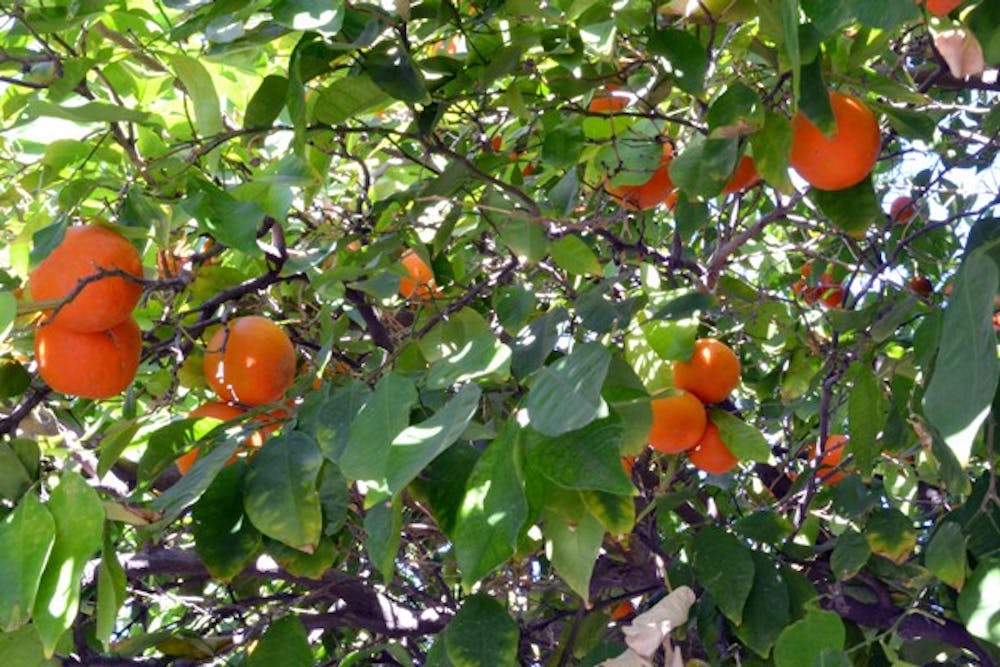The Valley’s citrus season attracts unwelcome roof rats to the households of many Tempe residents, with most complaints reported between November and January, city officials said.
Rats are more visible during the winter months because they seek out water and food, said David Guerrieri, field supervisor at the Vector Control Division of the Maricopa County Environmental Services Department.
“Because of the season, it’s easier to notice roof rats,” Guerrieri said. “Rats will go to the source of food and water directly, usually fruit, and the hollowed out remnants left behind could be your first sign.”
Many rats are enticed by unpicked citrus fruit and will proceed to make a home where a plentiful source is unknowingly provided for them, Guerrieri said.
“Cutting off their food source is a vital start to preventing problems,” he said. “It is encouraged for people to pick up fruit and nuts from the ground, properly cover garbage and to be vigilant on harvesting ripe citrus.”
The amount of damage a roof rat can cause to a home varies, he said.
ASU has been the largest donator of inedible fruit to the Arcadia Citrus Program, a program that donates citrus to various charities and gardening programs. In the last year, 25,000 tons of ASU fruit went toward the program.
The fruit is mostly used as compost for urban gardening and organic farming, said Barry Paceley, program director of the Arcadia Citrus Program.
Students living off-campus are urged to take precautions when renting a home with a citrus tree, said Jerry Judd, a landlord who has rented to ASU students. Fruit should be picked up off the ground to prevent the chance of roof rats.
Rats may dig into a home’s attic, gnaw on wires or cause an odor. They may also transmit diseases through droppings, urine, bites and fleas and mites in their fur, said Guerrieri.
City officials encourage residents to donate unused citrus to Elks Lodge 2148 on Oak Street in Scottsdale. Residents may drop off citrus on Saturday mornings through March 25 from 8 a.m. to noon. Consumable citrus will be donated to food banks, schools, jails and hospitals, said Paceley.
“This program has helped eradicate the amount of roof rats,” Paceley said. “Our purpose is to compound roof rats and build awareness to the problem, as well as collecting citrus for charity.”
A meeting for more information on roof-rat prevention will take place at the Tempe History Museum Community Room, 809 E. Southern Avenue on Feb. 9from 6 to 7:30 p.m.
“Building awareness while helping the community is a great feeling,” Paceley said. “We encourage anyone that has excess fruit and a heart for service to contribute to the program.”
Reach the reporter at gqolson@asu.edu
Click here to subscribe to the daily State Press newsletter.





